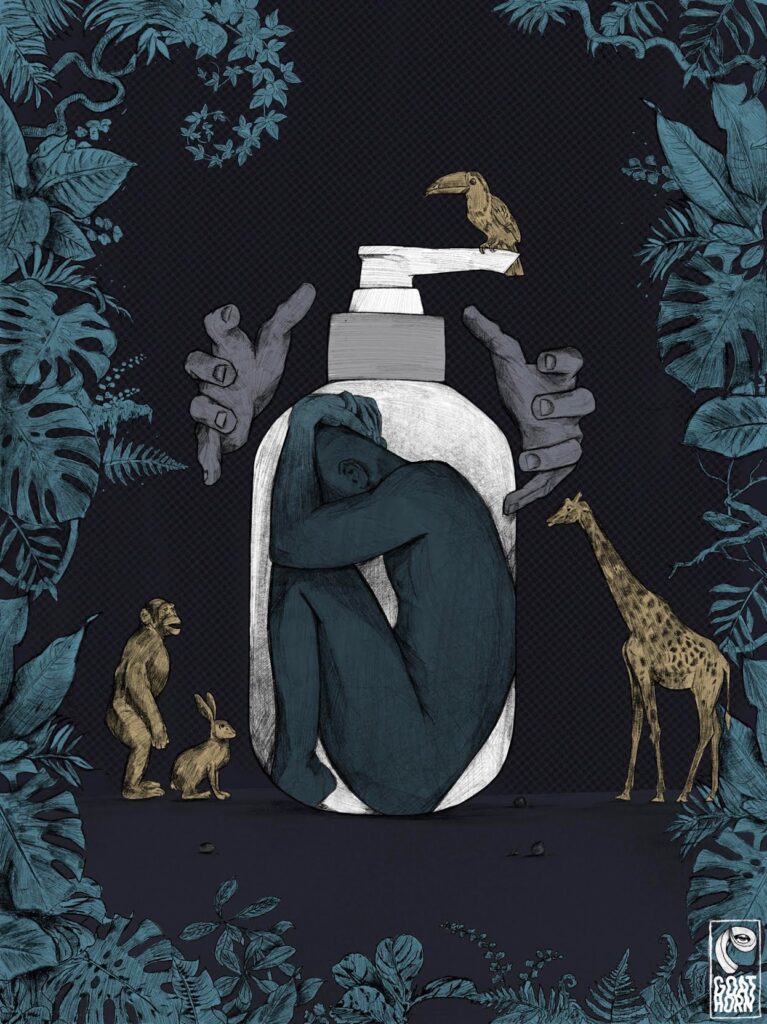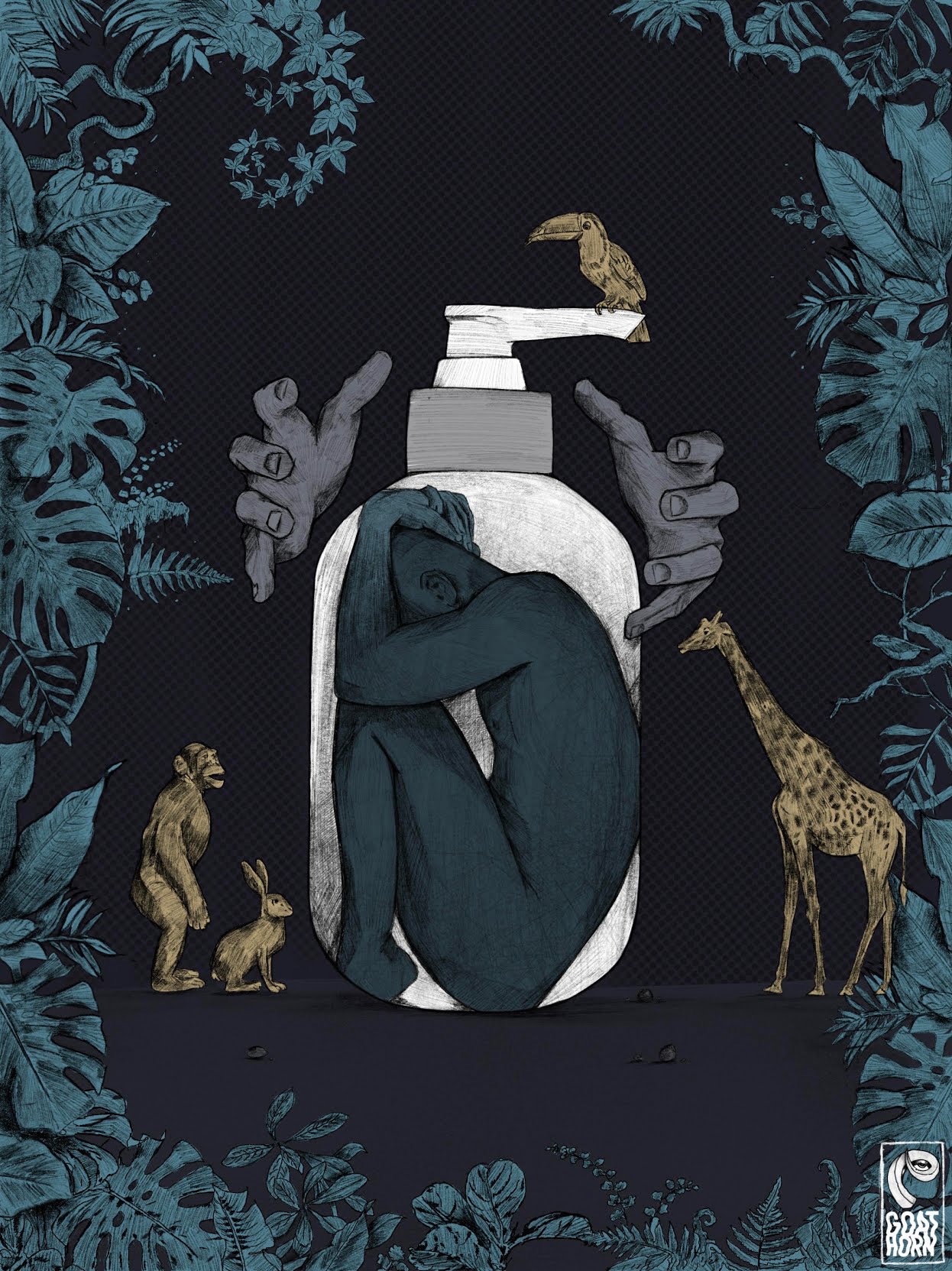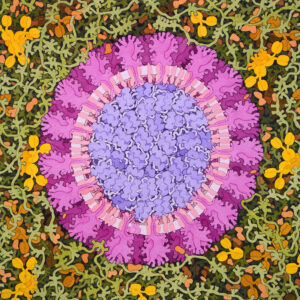
The natural environment encompasses all living and non-living things occurring naturally. In 2020, the world came face to face with the deadly coronavirus pandemic which has left its impact on every aspect of life especially wildlife. The slowdown in human activity, which scientists are calling the “anthropause” has been a mixed bag for birds, animals, and marine life.
A reduction in water travel due to the closing of international borders has enabled sea animals to expand their habitats and also has reduced the risk of other hazards like oil spills. It has also reduced the marine disruption that occurs due to noise pollution from ships, fishing sonar, and recreational boats.
Due to lockdowns and night curfews, the number of road traffic accidents involving animals has also reduced considerably. A study analyzing roadkill data from 11 countries found that roadkill rates fell by more than 40% during the first few weeks of the pandemic restrictions in Spain, Israel, Estonia, and the Czech Republic.
A sharp decline in air travel due to COVID-19 restrictions has also aided in the safe migration of birds. Industrial pollution, for example, can harm the health of swifts and swallows. As air quality improved in northern Italy last year, Common Swifts in the region laid more eggs than in previous years.
Besides these immediate positive effects, there have been some negative effects as well.
Reduction in ecotourism is crippling many animal shelter organizations worldwide that rely on human visitors to feed and take care of the animals. The sanctuaries and rescue centres are affected. Although they are closed for tourism, they still have to feed the animals; they cannot stop operations.
For instance, Morocco’s most important ecosystems and flagship species are facing a crisis following a collapse in ecotourism during the lockdown. Several NGOs have expressed concerns about the increasing death toll of endemic species in Morocco.
The coronavirus crisis has left millions of pet owners dead or impoverished, unable to tend to their animals. These pets are either left to die or are abandoned on the streets.
Ilha Furtada, also known as Ilha dos Gatos: Island of the Cats, is an island off the Brazilian coast and is home to many abandoned animals. Before the COVID-19 situation, visitors and fishermen would feed these animals and their population was tracked by the local authorities. When the pandemic hit, this delicate balance was disturbed. The cats quickly grew in number. Visitors to the island stopped leaving food and water. Reports of cat cannibalism and brutal deaths started circulating.
Increased use of PPE, their haphazard and unscientific disposal has negative impacts on our wildlife. Single-use surgical masks are found littered around pavements, parks, waterways, and beaches worldwide since their use was started as a preventive measure for coronavirus. These one-time disposable masks can take hundreds of years to decompose.
The biggest impact is to aquatic life, with green groups alarmed at the flood of used masks, latex gloves, and other protective gear finding their way into already contaminated seas and rivers.
More than 1 billion masks made their way into the world’s oceans last year, accounting for around 6,200 extra tons of marine plastic pollution, according to environmental groups. Aquatic animals have been found dead after choking after swallowing masks and latex gloves.
So, how can we contribute towards the betterment of wildlife during this dire situation?
We can help by volunteering for animal organizations when they are short of hands and funds. We can also contribute by helping out neighbours by taking care of their pets when they are not available, feed street dogs and other animals. We must dispose of masks and other plastic items we use responsibly.
These small steps will help us to reset our relationship with our environment and also sensitize us to handle our environment with more carefully.
Written by Aricia Bahl for MTTN
Edited by Anushka Das for MTTN
Featured Image by David Godswell
Artwork by Duyi Han


Leave a Reply
You must be logged in to post a comment.